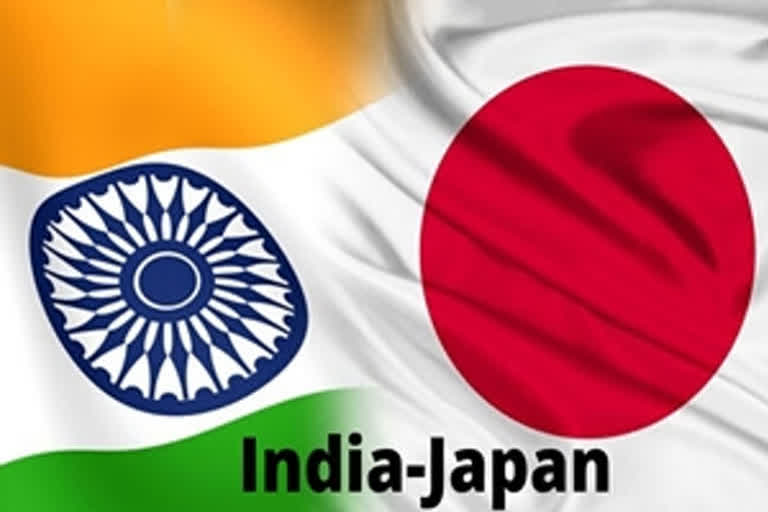Hyderabad: Japanese Prime Minister Shinzo Abe would shortly pay an official visit to India to participate in the 12th Annual Bilateral Summit of Heads of States.
Though it has been announced that the visit would take place from 15th to 17th December, no official declaration has been made so far about the venue of the event.
However, a leading TV channel has revealed that the summit would be organised in Guwahati where a 115 years old British Bungalow is being renovated for this purpose.
Apparently, this was the choice of PM Modi who is known for changing venues for such visits to various parts of the country in order to give a glimpse of our diverse culture to the visiting dignitary.
Only other country which has such a mechanism of annual summits with India is Russia which recently participated in the 18th India-Russia Summit. Besides this, China is another country with which we have recently started such an annual Head of State summit but that is informal.
So, naturally one wonders why Japan has been given so much importance and is treated at par with these big two. The reasons are simple but sound.
Economically, Japan is the biggest donor to India. Investment-wise, it is the third-largest investor with a cumulative investment of more than US$ 27.28 billion since the year 2000.
The two brightest examples of Indo-Japan economic cooperation and investment are the Delhi metro, constructed with Japanese help and the Mumbai- Ahmadabad High-Speed Rail (commonly known as bullet train).
For the latter project, envisaged during the summit in 2013, Japan has pledged a loan of US% 13 billion at the interest of 0.1% per annum for 50 years and a moratorium on repayment for fifteen years.
This is perhaps the most favorable deal ever done by India. But unfortunately, a sword of termination is hanging over it with the ascension of Shiv Sena led government in Maharashtra.
So far, more than 24 agreements MOUs dealing with various sectors have been signed during the past summits which is no mean achievement by any scale.
Many Japanese companies are present in automobile, electronics and pharmaceutical sectors in India.
That this tiny nation with an area of around 11.5% and population of less than 11% of India is a powerhouse of the economic and technological development is clear from the fact that its GDP is more than twice of India’s GDP and it figures at 19th place with 0.915 in Human development index, way higher than our 129th rank with 0.667.
Strategically, Japan is very important to us in our attempts to resist Chinese hegemony and economic imperialism.
With an American military base on its territory, Japan plays a pivotal role in containing Chinese designs in the South China Sea.
Japan has also supported India on her refusal to sign China-led RCEP. On the question of expansion of the UN Security Council, Brazil, Germany, India and Japan formed a Grouping called G-4 in the 1990s to support each other for the permanent seat in the future expansion.
Though a few years ago, China assured to support India for this provided that India ditches Japan but we did not fall into the Chinese trap.
Japan is also part of the “Quadrilateral” or Quad, a defence cooperation group of Australia, India, Japan and the USA which recently held, to considerable discomfiture for China, a joint naval exercise called “Malabar” near the Japanese coast.
Japan has also partnered with India in Asia- Africa Growth Corridor launched at Indian initiative to counter China’s OBOR (One Belt One Road) project. Japan has also signed a security pact with India in 2008.
On the lines of cooperation with the USA, India recently held the first 2+2 meetings with Japan.
The ministers of defence and foreign affairs of both countries condemned the growing threat of terrorism and called upon the entire world to take resolute action in rooting out terrorist safe havens and cross border terrorism.
More importantly, Japan appreciated the “Indo-Pacific Oceans Initiative” announced by India and showed its willingness to discuss concrete cooperation thereon. For Japan, it was clearly an initiative to check Chinese motives in the region.
Thus in this backdrop, the forthcoming Annual Summit is going to be held next week.
Items on the agenda will most likely be the threat of cross border terrorism, cooperation on Indo-Pacific Oceans Initiative, enhancement of cooperation in defence, solar energy and transfer of technology.
There no doubt that Indo-Japan relation is on its zenith and the only way to go from here is further upwards.



